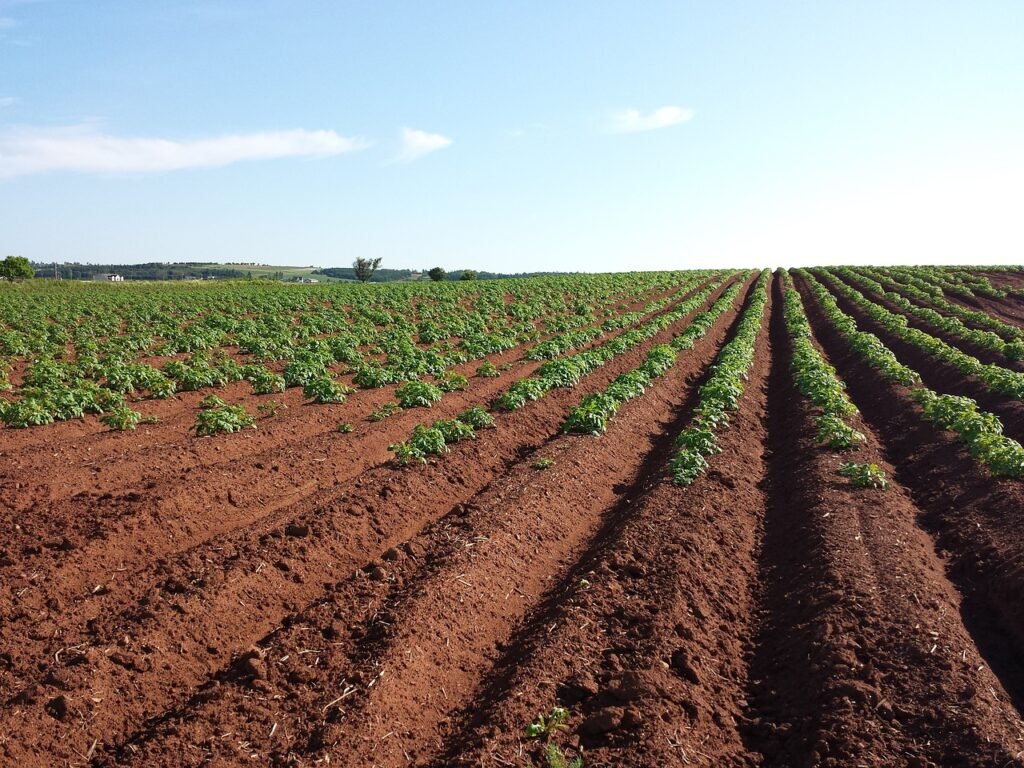Water scarcity is a growing concern in many parts of the world. The demand for water is increasing due to population growth, urbanization, and industrialization, while the supply of fresh water is limited and unevenly distributed. One of the major contributors to water scarcity is inefficient water use in irrigation systems.
Irrigation systems are essential for agricultural production and food security, but they also consume a significant amount of water. In fact, it is estimated that agriculture accounts for around 70% of global freshwater withdrawals. However, a significant amount of this water is lost due to inefficient irrigation practices.
Inefficient irrigation practices include using outdated irrigation methods, such as flood irrigation, which wastes water through runoff and evaporation. Another common problem is overwatering, which not only wastes water but can also lead to soil erosion and nutrient leaching. In addition, leaks and evaporation from irrigation systems can also contribute to water loss.
To address these issues, there is a need for more efficient water use in irrigation systems. This can be achieved through a combination of technological innovations, better management practices, and policy interventions.
One effective way to improve water use efficiency in irrigation is to use drip irrigation systems. Drip irrigation delivers water directly to the roots of plants, reducing water loss due to evaporation and runoff. This method can save up to 60% of water compared to traditional irrigation methods.
Another way to improve efficiency is to use soil moisture sensors and weather data to determine when and how much to irrigate. This can help prevent overwatering and ensure that plants receive the right amount of water.
Farmers and agricultural organizations can also implement water conservation practices, such as crop rotation and soil management, to reduce water demand and improve soil health. Governments can incentivize efficient irrigation practices through subsidies, regulations, and education programs.
In conclusion, efficient water use in irrigation systems is essential for addressing water scarcity and ensuring food security. Technological innovations, better management practices, and policy interventions can all play a role in improving water use efficiency in agriculture. By working together, we can ensure a sustainable future for our planet and its inhabitants.


